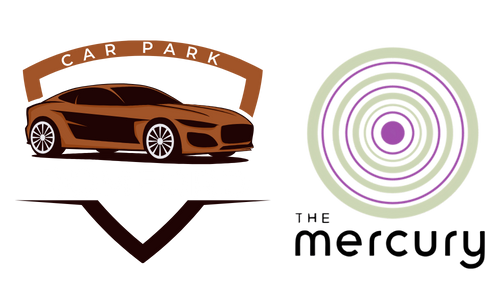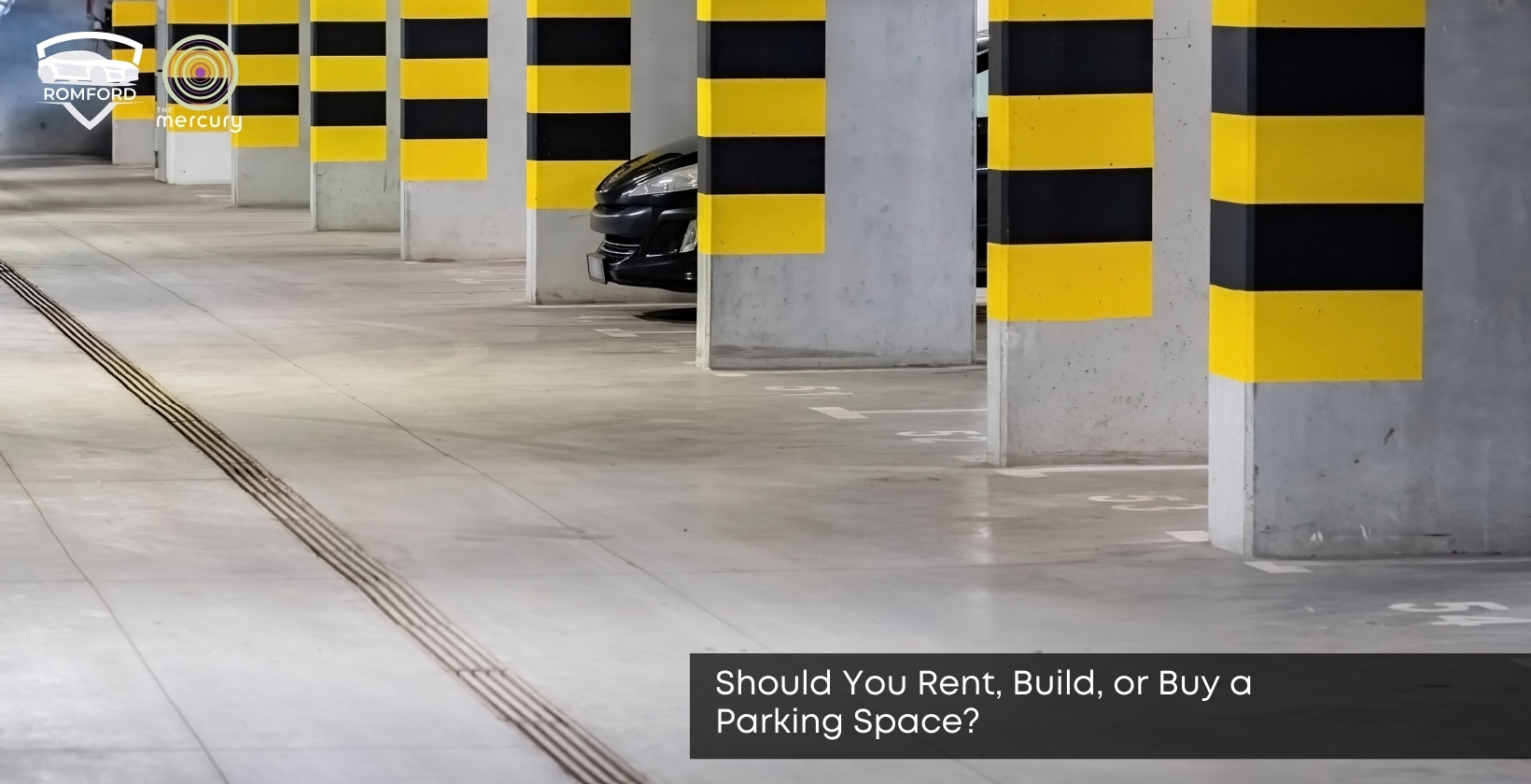Parking isn’t always easy to come by, especially in busy areas where space is tight and prices are high. Whether thinking short-term or long-term, choosing between renting, buying, or building a parking space can save you time, stress, and money. Each option has pros and cons depending on where you live, how much you want to spend, and what kind of property you have. To get started, let’s look at the main options for securing your parking space.
What Are Your Options for Securing a Parking Space?
You can rent, build, or buy a parking space depending on your needs and situation. Each choice offers different benefits, costs, and levels of commitment. Renting is flexible, buying gives you ownership, and building adds value to your property. Let’s start by looking at what makes renting useful for many people.
Should You Rent a Parking Space?
Renting a parking space is often a good short-term option. It works well if you move frequently or only need parking during work hours. You don’t have to worry about maintenance or property costs. Still, buying might offer better value over time if you plan to stay long-term.
Is Buying a Parking Space a Good Investment?
Buying gives you full control and can save money in the long run. You can sell or rent it out later, which might offer a return. However, the upfront cost is high, and not all locations offer resale value. Building your own space might be the next best thing if ownership isn’t possible or practical.
Can You Build Your Own Parking Space Legally?
You can build a parking space with enough land and the right permission. Many councils require planning approval, especially for dropped kerbs. You’ll also need to consider access, drainage, and surface materials. Before making a decision, it’s helpful to understand how the costs compare across all three options.
How Much Does Rent, Build, or Buy a Parking Space Cost?
Costs vary widely based on location and size. Renting may cost a few hundred pounds per year while buying can reach tens of thousands in cities. Building costs depend on groundwork, materials, and permits. In places where space is limited, cost isn’t the only factor. Practicality also matters.
Which Option Is Best for City or High-Demand Areas?
In busy cities, space is limited, and prices are high. Renting may be more practical if you’re only there during certain hours. Buying can be expensive but might save time and hassle. Your location and property type can affect which option works best.
How Do Location and Property Type Affect Your Choice?
Buying or building may not be an option if you live in a flat. Suburban homes often have more space for building driveways. City-centre properties usually rely on rented or shared spaces. These same decisions can apply to landlords and business owners too.
Should Landlords or Businesses Provide Parking?
Landlords can attract more tenants by offering parking spaces. Businesses may benefit from providing staff or customer parking. These spaces can add value or income over time. Before moving forward, it’s important to understand the legal or planning rules involved.
What Legal or Planning Issues Should You Consider?
Always check for any local rules before buying or building. You might need planning permission or permission from a building owner. Some spaces come with restrictions or shared access. Knowing these things helps you weigh up long-term value more clearly.
Which Option Offers the Best Long-Term Value?
Buying or building usually gives the best value over time. Renting is easier at first but costs more if used for many years. A well-located space can increase in value or be rented out later.
Matching Your Parking Choice to Your Needs
Your choice depends on your needs, location, and budget. Renting works well in the short term, buying suits long-term use, and building adds property value. Each option has its pros and cons. Take the time to weigh them up, and you’ll make a choice that fits your situation.


Leave a Reply